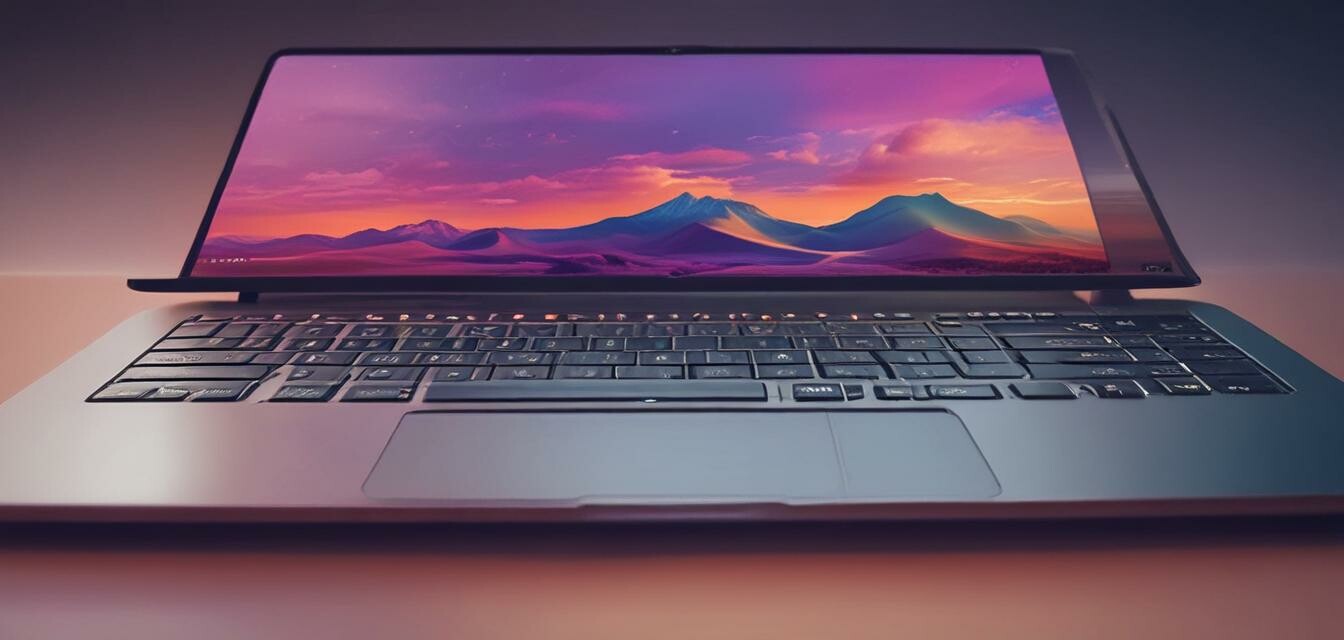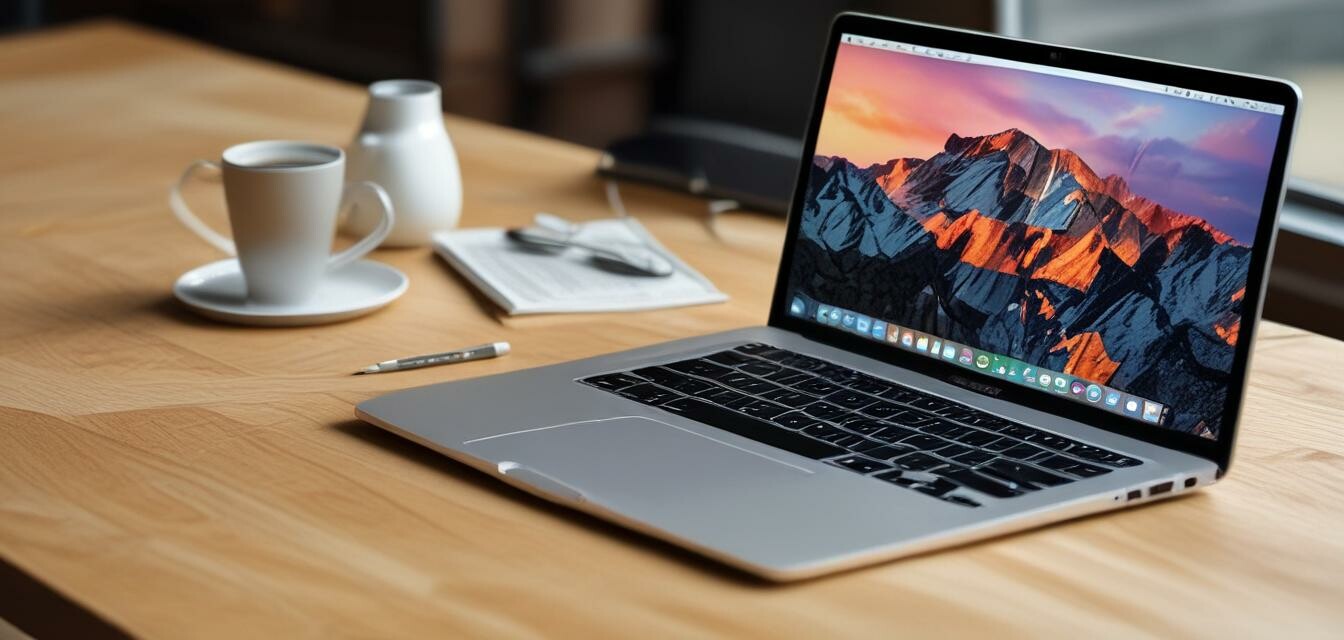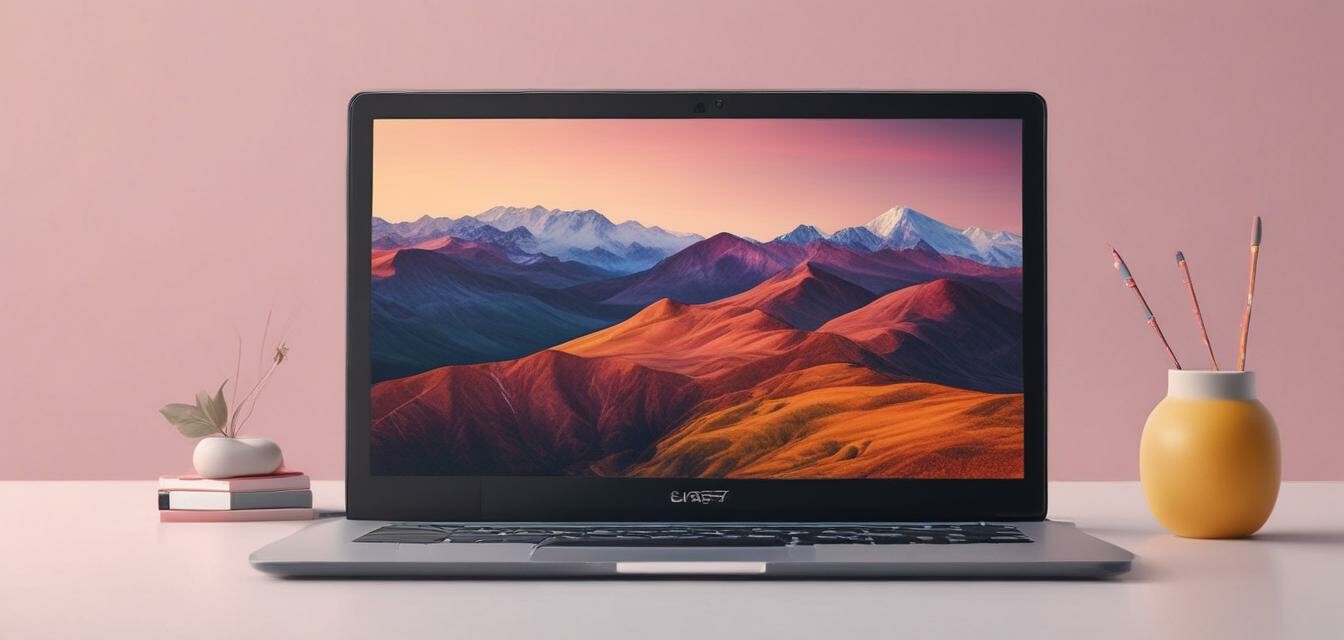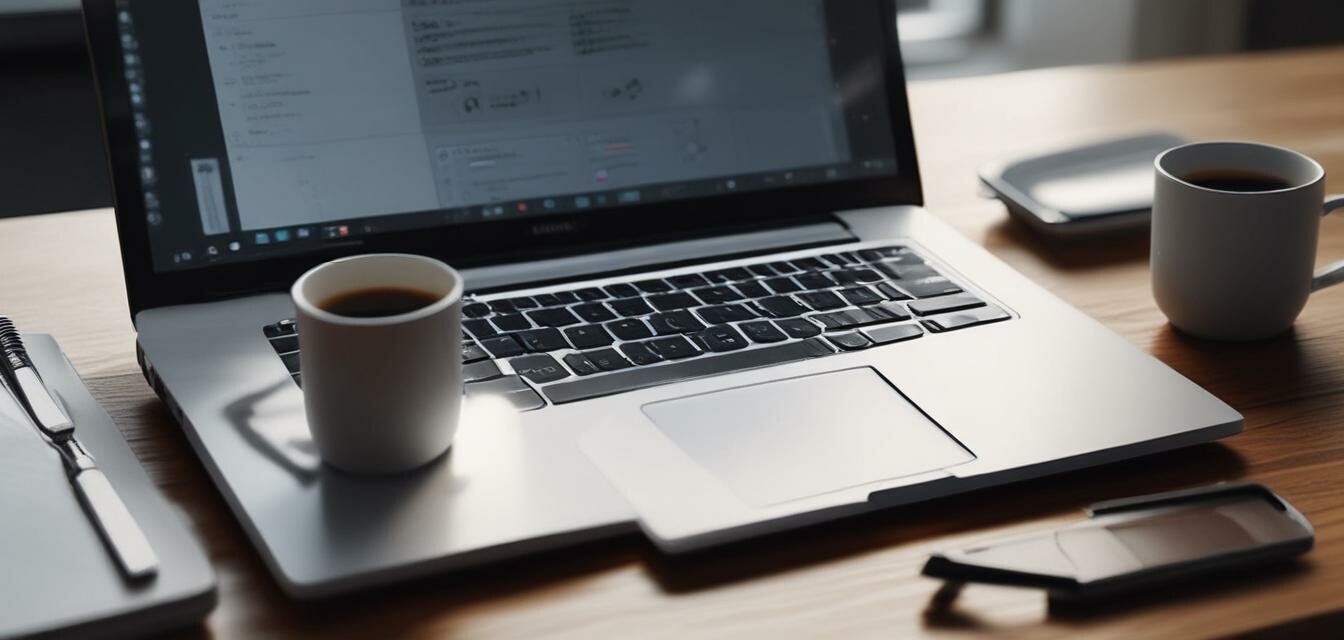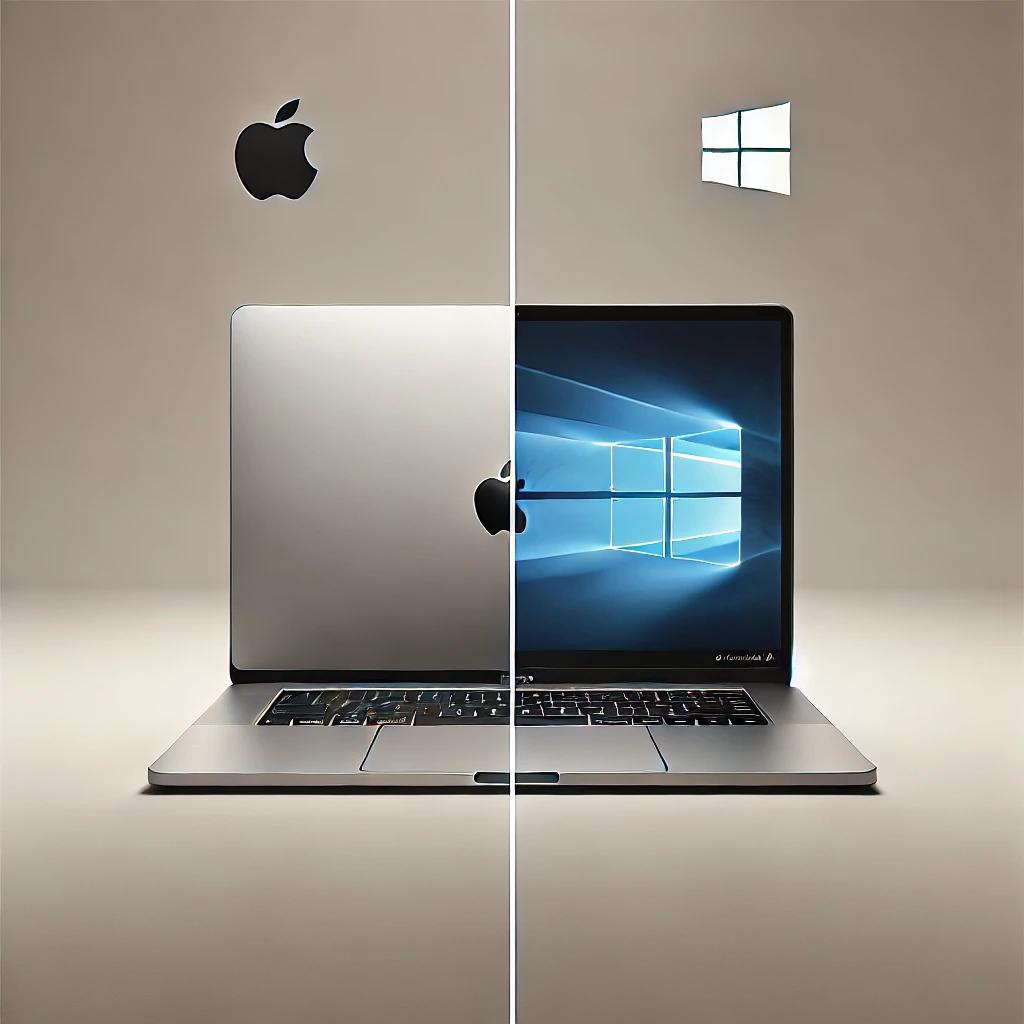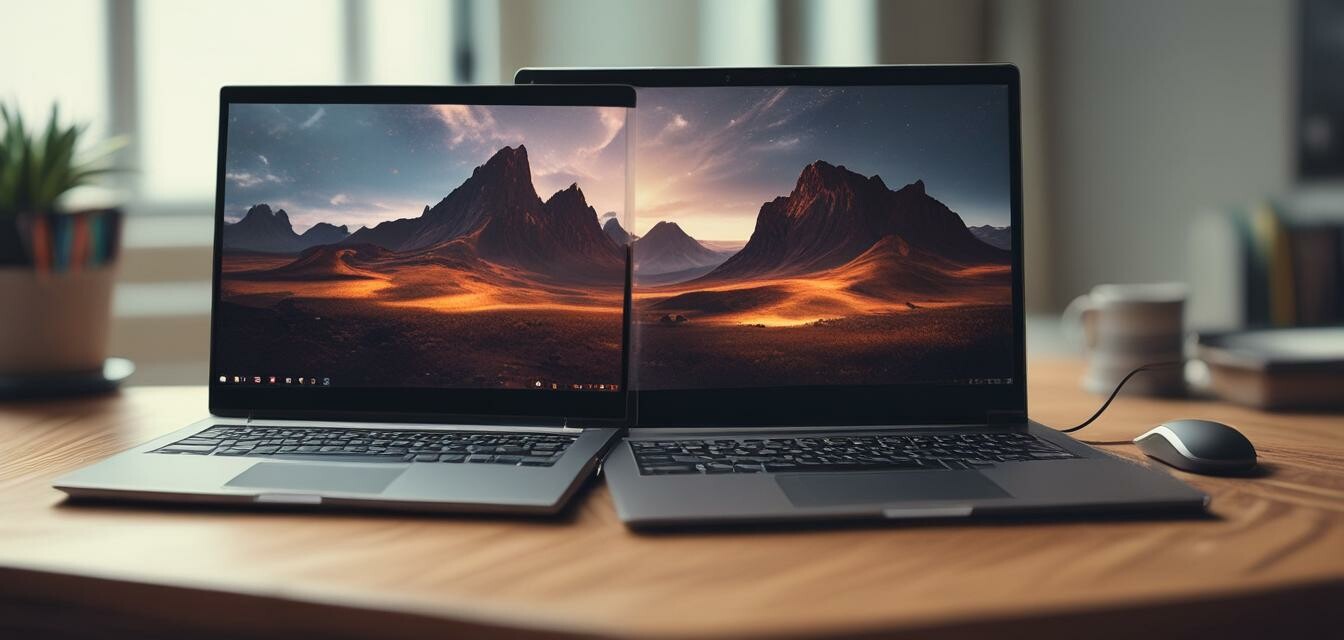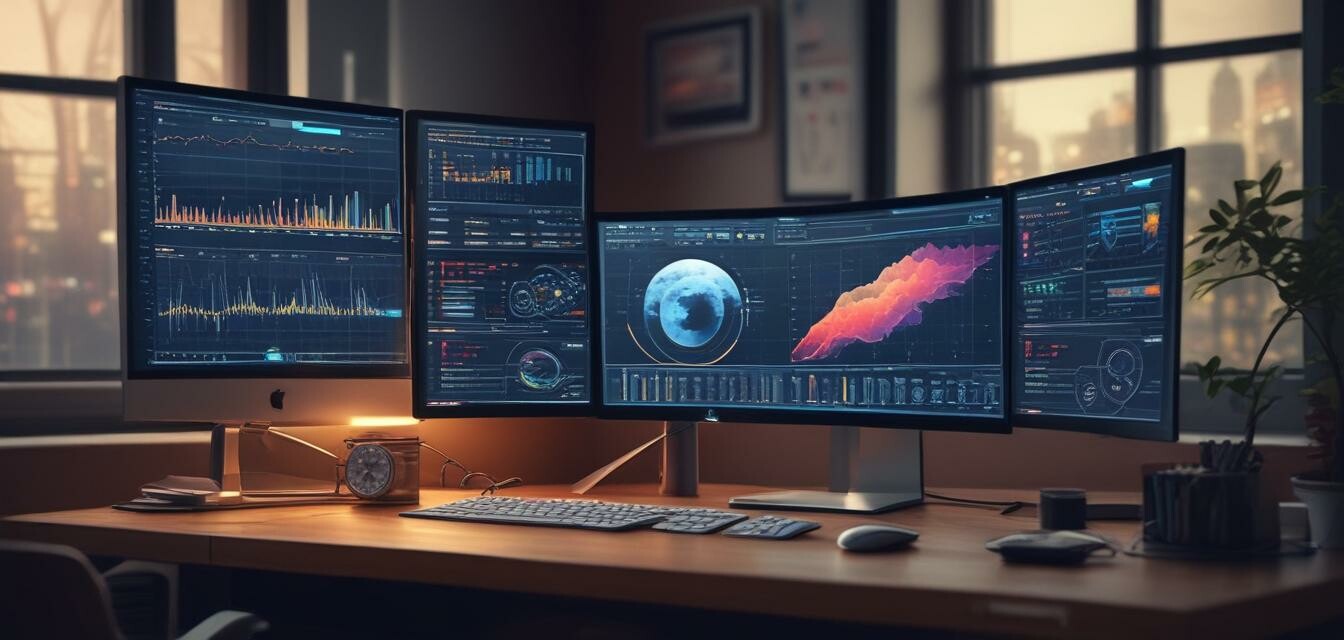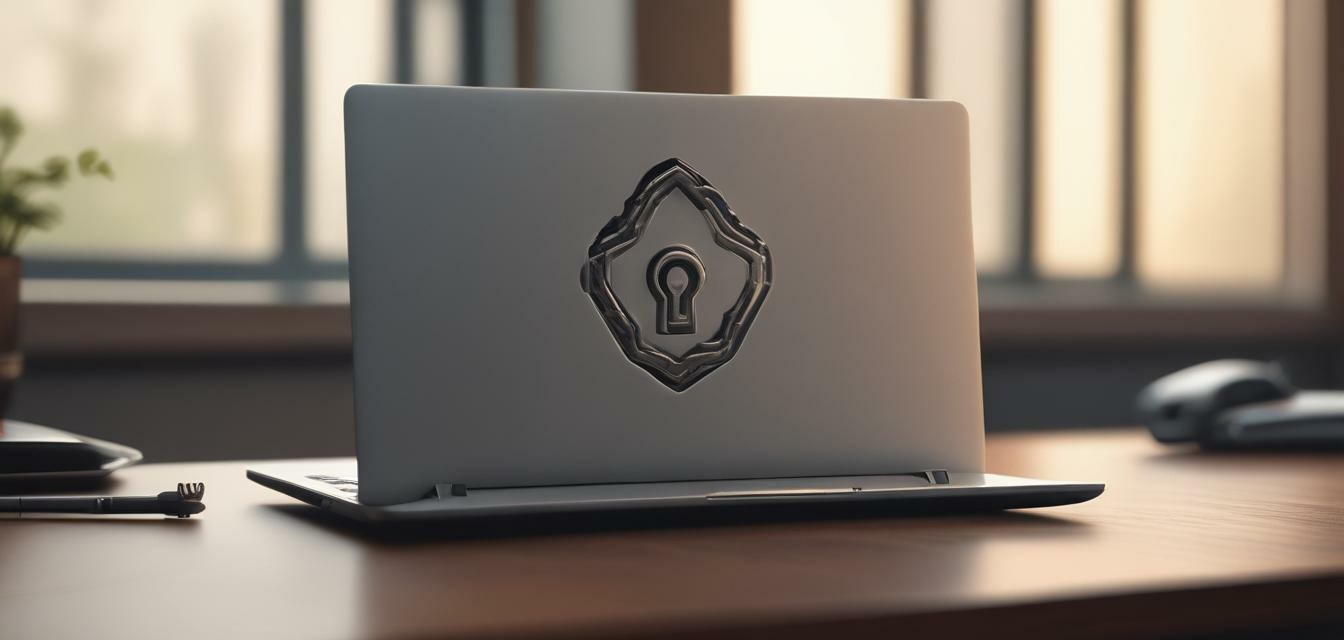
Laptop Security and Maintenance
Key Takeaways
- Regular software updates enhance security.
- Use strong, unique passwords for all accounts.
- Physical security measures are crucial.
- Routine maintenance prolongs laptop lifespan.
- Backup your data regularly to prevent loss.
In today's digital age, your laptop is not just a tool but a gateway to your personal and professional life. Proper security and maintenance are essential to keep your data safe and your device running smoothly. In this guide, we will explore best practices for both laptop security and maintenance, ensuring longevity and safety for your device.
Importance of Laptop Security
As laptops become more integrated into our daily lives, the need for robust security measures has never been more critical. Cyber threats are ever-evolving, and protecting your device is paramount.
Top Security Threats
| Threat | Description |
|---|---|
| Malware | Malicious software that can damage your device or steal data. |
| Phishing | Fraudulent attempts to obtain sensitive information via deceptive emails or websites. |
| Public Wi-Fi Risks | Unsecured networks that can expose your data to hackers. |
| Physical Theft | Loss of your device can lead to unauthorized access to your data. |
Best Practices for Laptop Security
- Keep Software Updated: Regularly update your operating system and applications to patch vulnerabilities.
- Use Strong Passwords: Create unique, complex passwords for your accounts.
- Activate Firewall: Ensure your firewall is enabled to filter incoming and outgoing traffic.
- Install Antivirus Software: Protect against malware with reputable antivirus programs.
- Be Cautious on Public Wi-Fi: Use a VPN when connecting to unsecured networks.
Physical Security Measures
In addition to digital security, physical security is just as important. Here are some strategies to keep your laptop safe:
Pros of Physical Security
- Reduces the risk of theft.
- Protects your data from unauthorized access.
- Enhances overall peace of mind.
Cons of Physical Security
- May require additional investment in security devices.
- Inconvenient if overly restrictive.
Laptop Maintenance Essentials
Just like security, routine maintenance is vital for your laptop's health. Here are key practices to follow:
Regular Maintenance Tasks
| Task | Frequency | Purpose |
|---|---|---|
| Clean the Keyboard and Screen | Monthly | Prevent dust build-up and improve visibility. |
| Run Disk Cleanup | Every 3 months | Free up space and improve performance. |
| Check for Software Updates | Monthly | Ensure security and performance improvements. |
| Backup Data | Weekly | Prevent data loss in case of failure. |
Backup Solutions
Backing up your data is crucial in case of hardware failure or accidental deletion. Here are some effective backup solutions:
- External Hard Drives: A reliable option for physical backups.
- Cloud Storage: Services like Google Drive or Dropbox offer convenient access and storage.
- Backup Software: Tools that automate the backup process for added convenience.
Conclusion
Maintaining security and ensuring proper maintenance of your laptop are essential steps to prolong its life and protect your data. By following the tips outlined in this article, you can create a secure environment for your device and keep it running efficiently for years to come.
Tips for Beginners
- Always use a laptop case for added protection.
- Familiarize yourself with your laptop's security settings.
- Consider using a password manager for convenience.
- Regularly review your installed software for any unnecessary programs.
- Educate yourself about common security threats and how to avoid them.
Further Reading
For more information on laptops, check out our related articles:
- Explore 2-in-1 Laptops
- Best Budget Laptops for Everyone
- Top Business Laptops for Professionals
- Gaming Laptops: What You Need to Know
- Essential Laptop Accessories for Your Device

